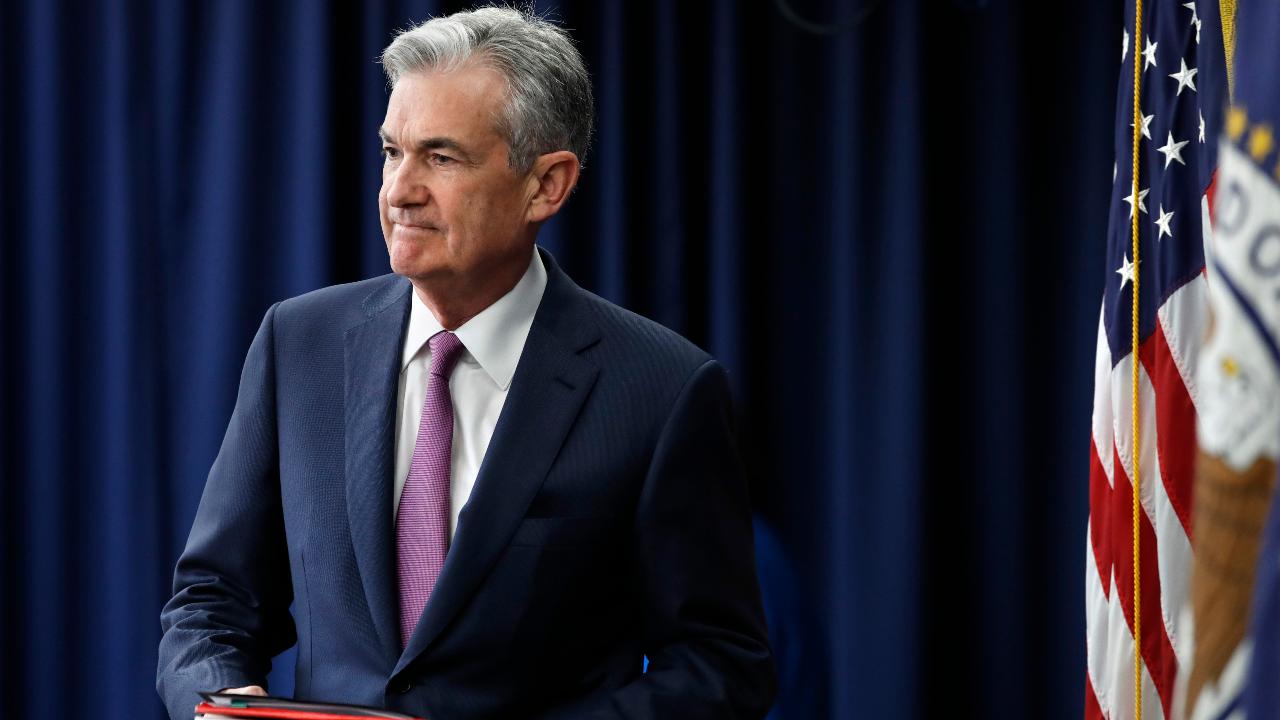US economy on track for 4% GDP growth?
Thursday’s expectation-topping retail sales sparked some sentiment that U.S. economic growth could accelerate, but even with a barrage of positive economic data, there are some differing opinions on exactly where the country’s economic growth will end up this year.
Retail sales have risen 5.9% over the past 12 months, according to the government’s latest data released on Thursday. When excluding gas, sales are rising at a more than 5% yearly pace.
“U.S. households are back to their free spending ways, with the strength of May’s retail sales figures implying that second-quarter real consumption growth (and GDP growth for that matter) will now be more than 4% annualized. With the benefit of the tax cuts, strong employment growth and a slow acceleration in hourly wage growth, consumption growth should remain strong going into the second half of this year,” Paul Ashworth, chief U.S. economist at Capital Economics told MarketWatch.
Craig P. Holke, investment strategy analyst, Wells Fargo Investment Institute, told FOX Business, “Personal consumption was very weak in the first quarter, but we believe the strong labor market and benefits from tax cuts are supporting the strong rebound in household spending. Consumers also remain optimistic, with various measures of sentiment remaining just off cycle highs. We expect these trends to continue, although some headwinds do exist (e.g. rising home prices and household debt levels). Our forecast for GDP growth remains 2.9% in 2018. We would require much more significant, unexpected retail sales growth before we would consider adjusting our forecast higher.”
“Strong retail sales can certainly contribute to robust GDP numbers but it’s only one piece of the puzzle. These numbers were strong by most measures and that’s certainly good to see when gauging the health of our economy, but let’s not forget these came amid tax reform and record low unemployment. When thinking about GDP there are a ton of factors both micro and macro. And it’s probably smart to question how sustainable this level of spending will be considering wage growth hasn’t improved much, while inflation has picked up. Further, at a certain point rising rates will have a negative effect on key aspects of consumer debt—from credit cards to mortgages to car loans, which could further cause consumers to reconsider opening their wallets, Mike Loewengart, vice president of investment strategy at E*Trade told FOX Business.




















